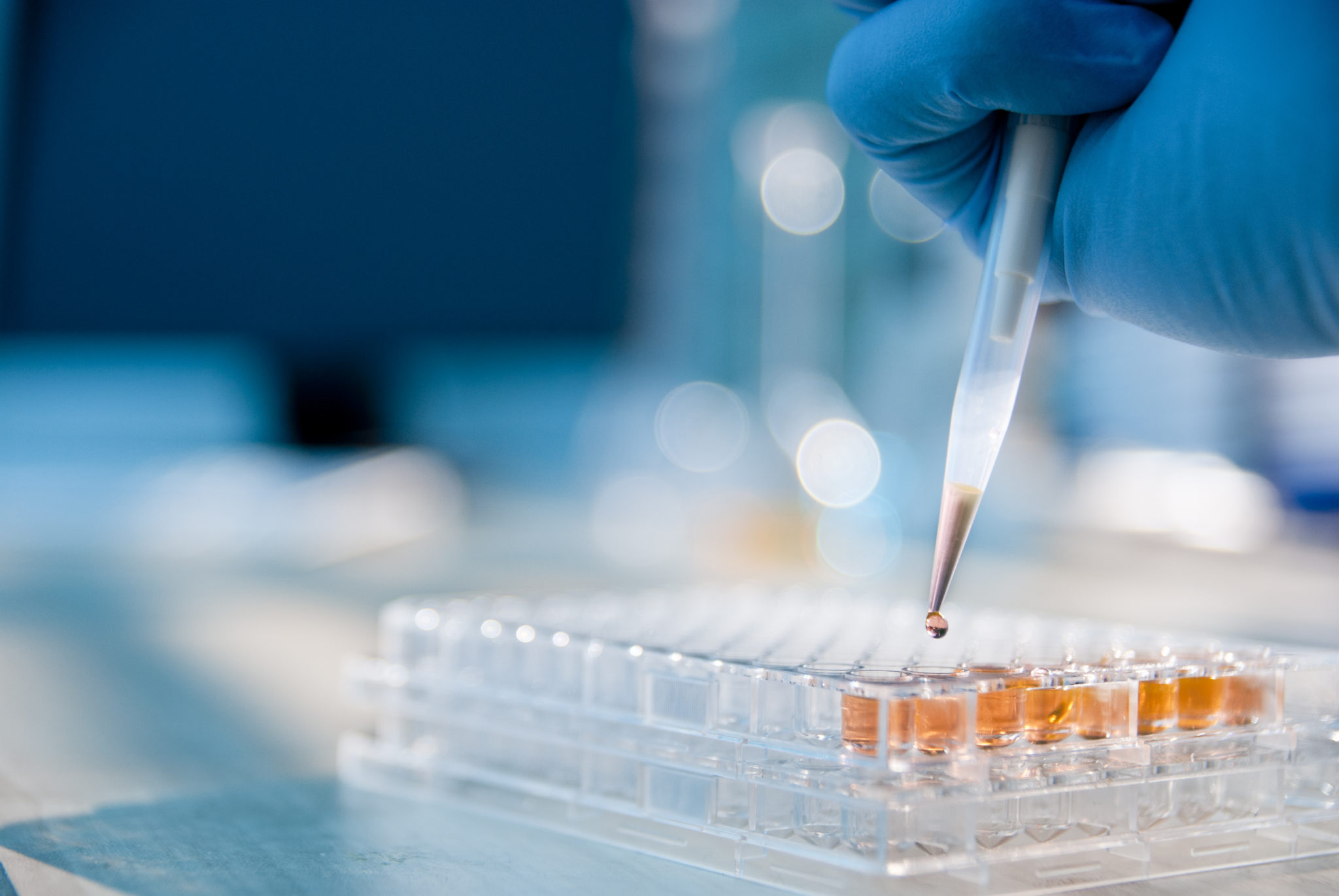UK sets out plans to diverge from EU regime on gene editing in plants
Published on 1st October 2021
The government has signalled its intention to pave the way for gene-edited crops following a consultation on departing from EU rules, which has broad regulatory, IP and trade implications

The UK government has published its response to a gene-editing consultation launched earlier this year, which sought views on the regulation of organisms (other than humans) produced using genetic technologies such as gene editing.
The consultation, which closed in March 2021, considered whether gene editing should be treated differently to other forms of genetic modification and taken out of the regulatory regime that requires prior authorisation to place these products on the market – with potential regulatory and intellectual property (IP) implications.
The response sets out plans that, as anticipated, put the UK on a course to diverge from the EU. They propose to regulate gene-edited organisms that could have been achieved through traditional breeding practices in a separate, more light-touch approach from the existing regulation of GMOs.
While the consultation acknowledges that gene edited products arising from any change in regulation are not expected to be available on the market in the UK for some time, it nevertheless sets out a two-stage approach to revising the regulation of the use of organisms developed using genetic technologies where the end product could have been produced by traditional breeding methods.
Lighten regulation
Step one would reduce the regulatory burden on plant scientists carrying out field research and re-search relating to the safety and potential benefits of new gene-edited crops that could have been developed through traditional breeding methods.
It is intended that a statutory instrument be laid down by the end of the year, which would allow these research activities to be undertaken without requiring a risk assessment or consents. Research scientists would still need to notify Department for Environment, Food and Rural Affairs of these trials.
The commercial cultivation of these plants and any food or animal feed products derived from them would still need to be authorised under the existing rules governing GMOs (the novel foods and animal feed regulatory frameworks).
Research involving gene-edited animals would continue to be carried out under the existing GMO "contained use" regulations, along with the controls set out in the Animals (Scientific Procedures) Act 1986.
Primary legislation
Step two will bring forward primary legislation to amend the regulatory definitions of a GMO to exclude organisms that have genetic changes that could have been achieved through traditional breeding or that could occur naturally. Step two will also consider what regulatory measures might be needed to enable gene-edited crops that are equivalent to those produced through traditional breeding methods or that could have occurred naturally to be brought to market.
Additionally, Step two will consider issues relating to the gene editing of animals. In light of the ethical questions raised in views submitted in response to the consultation, the government notes that legislative changes relating to the gene editing of animals may come later than legislative changes relating to plants.
A timeline for Step two has not yet been given but the government notes that it will "proceed slowly and carefully" in revising the regulations related to GMOs and will continue to engage with interested parties.
IP implications
The lack of specifics in the response mean there are a number of issues that have not yet been ad-dressed that will need to be considered by the government in putting together any legislative proposals. Thought will need to be given to how any regulatory changes will interact with the existing IP regime.
For example, will the relaxation of regulations for gene edited organisms that could have been created naturally or through traditional breeding methods affect the patentability of the processes or products that result from them as biotechnological inventions?
At present, the Patents Act 1977 provides that "any variety of animal or plant or any essentially biological process for the production of animals or plants, not being a micro-biological or other technical process or the product of such a process" cannot be patented. However, an "essentially biological process" is defined as "a process for the production of animals and plants which consists entirely of natural phenomena such as crossing and selection".
It would seem that the gene editing covered by the more permissive regulatory regime envisaged by the consultation would not fall into this exception. This would be positive news for those seeking pa-tent protection for innovations in this sector. It also seems unlikely that any proposed regulatory changes would limit the scope of IP rights given the government's stated commitment to becoming a 'science superpower' by 2030 and its stated focus on fostering innovation in farming.
OC comment
This consultation response does not provide many concrete details for the form of primary legislative changes to revise the regulations relating to GMOs or the form any regulatory measures deemed necessary to bring gene-edited crops to market in the UK will take. However, it sets out a clearer strategy and, as anticipated, emphasises the government's focus on easing the regulatory burden on those carrying out research relating to new gene-edited crops.
The consultation also underlines the government's intention to create a regulatory environment that promotes biotechnological and agritechnological innovation. The proposed relaxations are linked to the UK's 25 Year Environment Plan, which seeks to protect the environment and help meet the UK's net-zero emissions goals.





